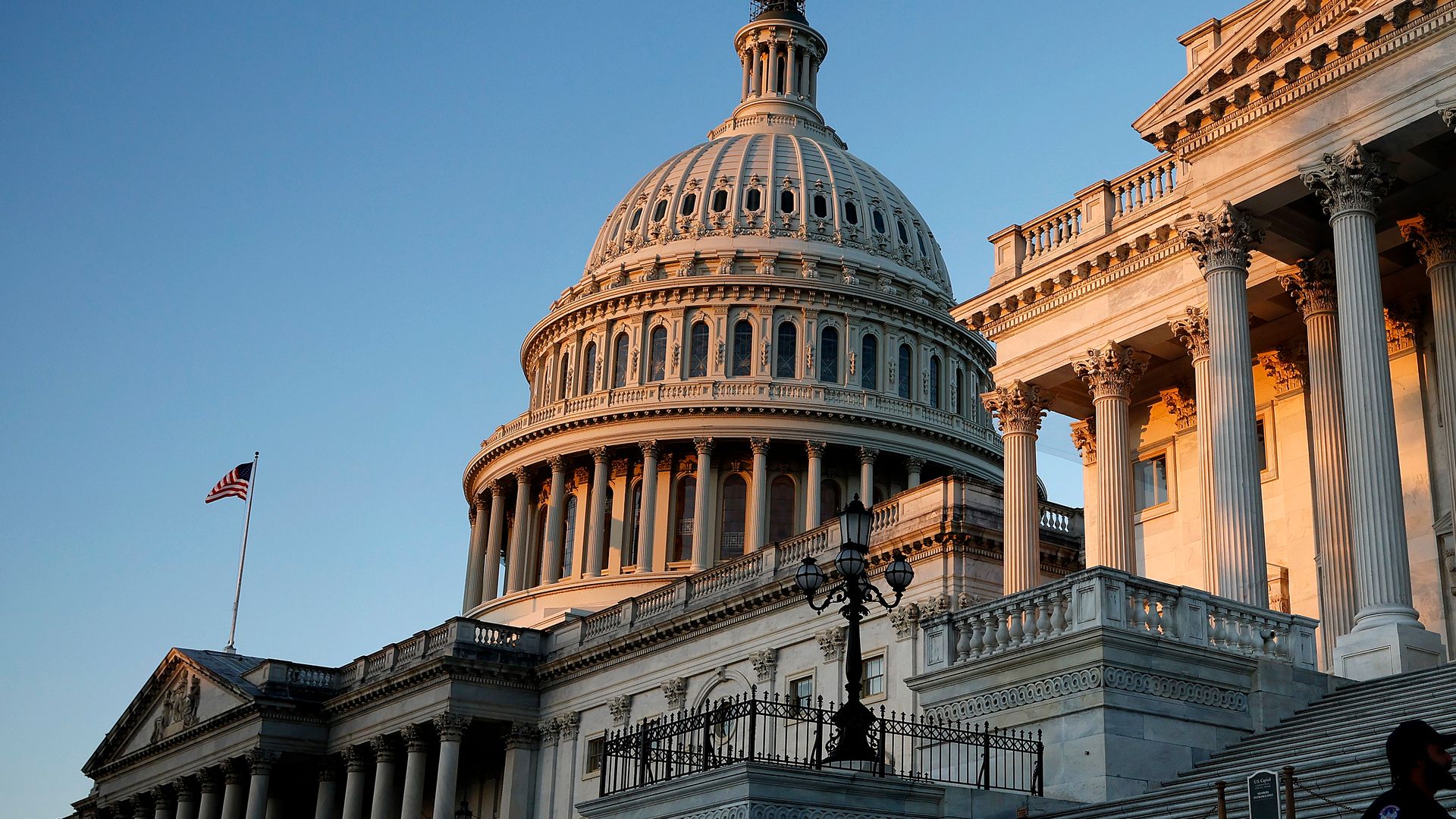
[RAY BOGAN]
A program to help low income Americans get internet access is running out of money. Now, Republicans and Democrats in Congress are actually working together to get more funding.
Lawmakers introduced the Affordable Connectivity Program Extension Act which would provide $7 billion to help Americans living below the poverty line pay their monthly internet bill.
The FCC stopped accepting new applications and enrollments for the Affordable Connectivity Program on February 8. Unless Congress provides more FUNDING, the FCC predicts it will run out of money by April.
[Rep. Marc Molinaro, R-N.Y.]
“But I can tell you as a kid who grew up on food stamps, every dollar matters. And when families in this program, if this program is allowed to sunset and the dollars spent, families will be forced to make some really important decisions and I can tell you what’s gonna fall off their budget, access to the internet.”
[RAY BOGAN]
Here’s an overview of the program:
In 2021, Congress passed the bipartisan infrastructure law. It gave the FCC $14.2 billion to help eligible households get up to a $30 discount on their monthly internet bill and a one-time $100 discount toward the purchase of a laptop, desktop or tablet. 22 million households have signed up and lawmakers are warning there will be consequences without action.
[Rep. Marc Molinaro, R-N.Y.]
“There’ll be moms and dads who struggle with mental health and won’t have access to mental health support because of the lack of internet service. There’ll be kids who need the internet in order to educate them in order to improve their education or to grow and to thrive, they will not have access,” Rep. Marc Molinaro, R-N.Y., said.
[RAY BOGAN]
To qualify, household income must be below 200% of the federal poverty level. A family would also be eligible if a member participates in another federal assistance program like SNAP, Medicaid or Federal Public Housing Assistance.
According to Molinaro, half the beneficiaries are military families, 4 million are senior citizens, 3 million are families with school aged children who qualify for free and reduced lunches and 1 million are low income college students.
[Rep. Norma Torres, D-Calif.]
“We are here to fight for equitable access to high speed broadband internet, which in 2024 is a basic necessity,” Rep. Norma Torres, D-Calif., said. “In the age of virtual meetings, telehealth appointments and online schoolwork. It is never been more important for Americans to have access to affordable, high speed internet.”
[RAY BOGAN]
The bill has at least 29 co-sponsors in the House and three in the Senate. The lawmakers range from Sen. JD Vance, R-Ohio, who would have qualified for the program when he was a child, to Texas Rep. Sheila Jackson Lee, D.







